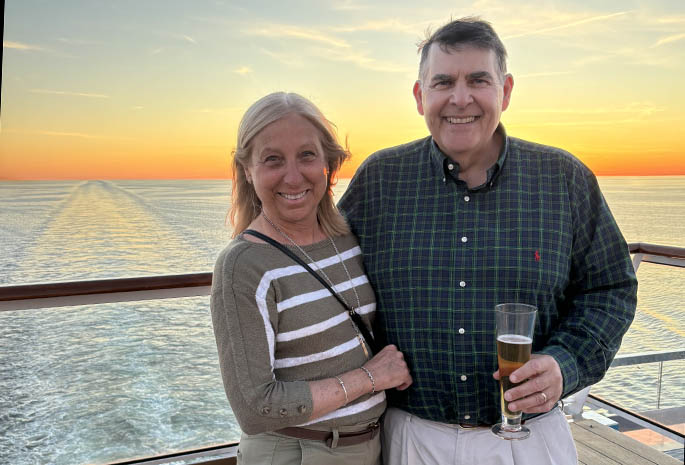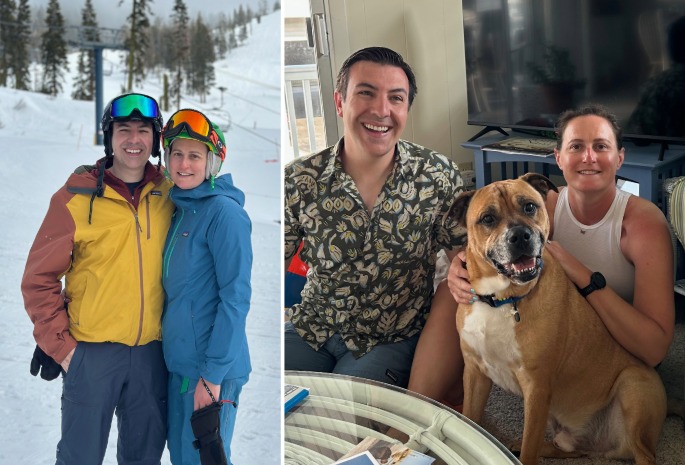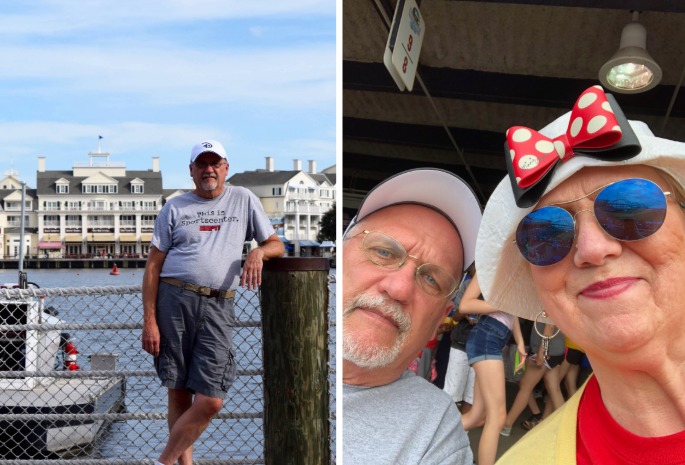A quick Google search told Beverly gave her the information she needed to move quickly: her condition was serious but potentially treatable. She immediately asked her cardiologist for a referral to a cardiac surgeon and called Dr. Attia’s office for an appointment.
The
Hypertrophic Cardiomyopathy program at Emory Heart & Vascular is the largest program in Georgia dedicated to caring for people with this condition. It was also the first program in Georgia that the Hypertrophic Cardiomyopathy Association recognized as a Center of Excellence. Patients throughout Georgia and neighboring states rely on Dr. Attia and his colleagues for expert diagnosis and treatment.
“Our team thoroughly evaluates each patient to identify which treatment options will offer the most benefit,” Dr. Attia says. “Our cardiologists, cardiothoracic surgeons and cardiac electrophysiologists offer a wide range of therapies available at very few centers in our region.”
Beverly also met with B. Robinson (“Robbie”) Williams, MD, medical director of the Hypertrophic Cardiomyopathy program. Like others on the care team, he was very concerned about her poor condition. Especially troubling was the fact that her long-standing, untreated heart condition had led to elevated blood pressure in her lungs (pulmonary hypertension).
The team agreed that medicine and minimally invasive therapies would not significantly improve Beverly’s heart function. The next option was surgery, which would involve removing part of Beverly’s thickened heart muscle. It would be very risky, and the doctors debated whether it was even an option.
Dr. Attia ultimately decided to give Beverly the choice.
“Dr. Attia explained that I might not survive the surgery. But without it, I probably had less than six months left to live anyway,” she says. “And I remember telling him, ‘Dr. Attia, I choose to live.’
“I knew I couldn’t keep going like I was,” she adds. “Dr. Attia had a lot of experience with this surgery, and I trusted him because he was so honest with me. I decided to take my chances with him.”




